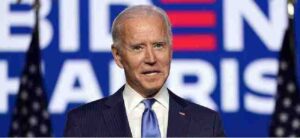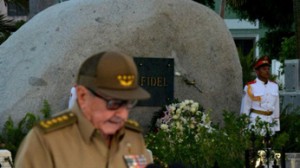A deal can be reached with Iran to curb its nuclear programme, UK Foreign Secretary William Hague has said. The outline of an agreement was “on the table” although he acknowledged current talks were “formidably difficult”.The international community has long suspected Iran of aspiring to have nuclear weapons but it says it is only enriching uranium for civil purposes.
Talks between Iran and the five UN Security Council members, plus Germany, ended without resolution on Saturday.
But Mr Hague told the BBC’s Andrew Marr show he believed progress had been made in Geneva and it was vital to keep up the momentum.
‘Some gaps’
“On the question of will it happen in the next few weeks, there is a good chance of that. A deal is on the table and it can be done. But it is a formidably difficult negotiation, I can’t say exactly when it will conclude,” he said.
Asked why the negotiations had apparently stalled, Mr Hague said there were “still some gaps” between Iran and other leading members of the international community, including the US, UK and Russia.
He said: “They are narrow gaps. You asked what went wrong, I would say that a great deal went right.
“This is a very difficult negotiation but it’s fundamental to international peace and security over the next few years so we have to persist.”
Under the deal floated in Geneva, Iran could freeze expansion of its nuclear activity in return for limited relief from international sanctions which have been in place for years.
Iran has said all sides can “build on” the dialogue in Geneva and there was “the impetus to reach an agreement”.
But Israel has criticised the alleged offer put to Tehran as “dangerous” and said it would press the US and other world powers to “avoid a bad deal”.
But Mr Hague said the members of the UN Security Council were “clearly united” and it was clear the parties were “closer together now” than before the three days of talks.
“We were all saying the same thing to Iran and supporting the same deal and that is something for the Iranians to think carefully about,” he added.
Meanwhile, a member of Jordan’s ruling family has said there is the potential for a “really serious breakthrough” at the next scheduled talks on 20 November.
Prince Hassan Bin Talal told the Dermot Murnaghan show on Sky News there were “many enemies” who stood in the way of a possible agreement but a resolution would have major implications for the security of the region.
“I think this is the first step towards a regional architecture for a conference on security and co-operation,” he said.
Separately, Mr Hague said it would be wrong for the UK to join a boycott of the forthcoming Commonwealth summit in Sri Lanka, saying he could more effectively challenge the country about its human rights record by attending.
And he also reiterated the UK’s view that recent revelations about alleged mass surveillance by US security agencies – among information leaked by former CIA contractor Edward Snowden – had damaged the UK’s national security.
“By speculating about our capabilities, it makes it easier for those who are seeking to damage our country and kill people, it makes easier for them to evade interception and that it something which is very serious and very damaging.” – BBC News




